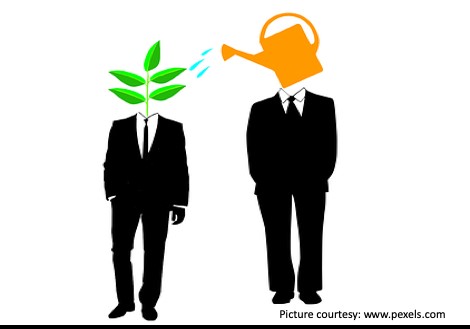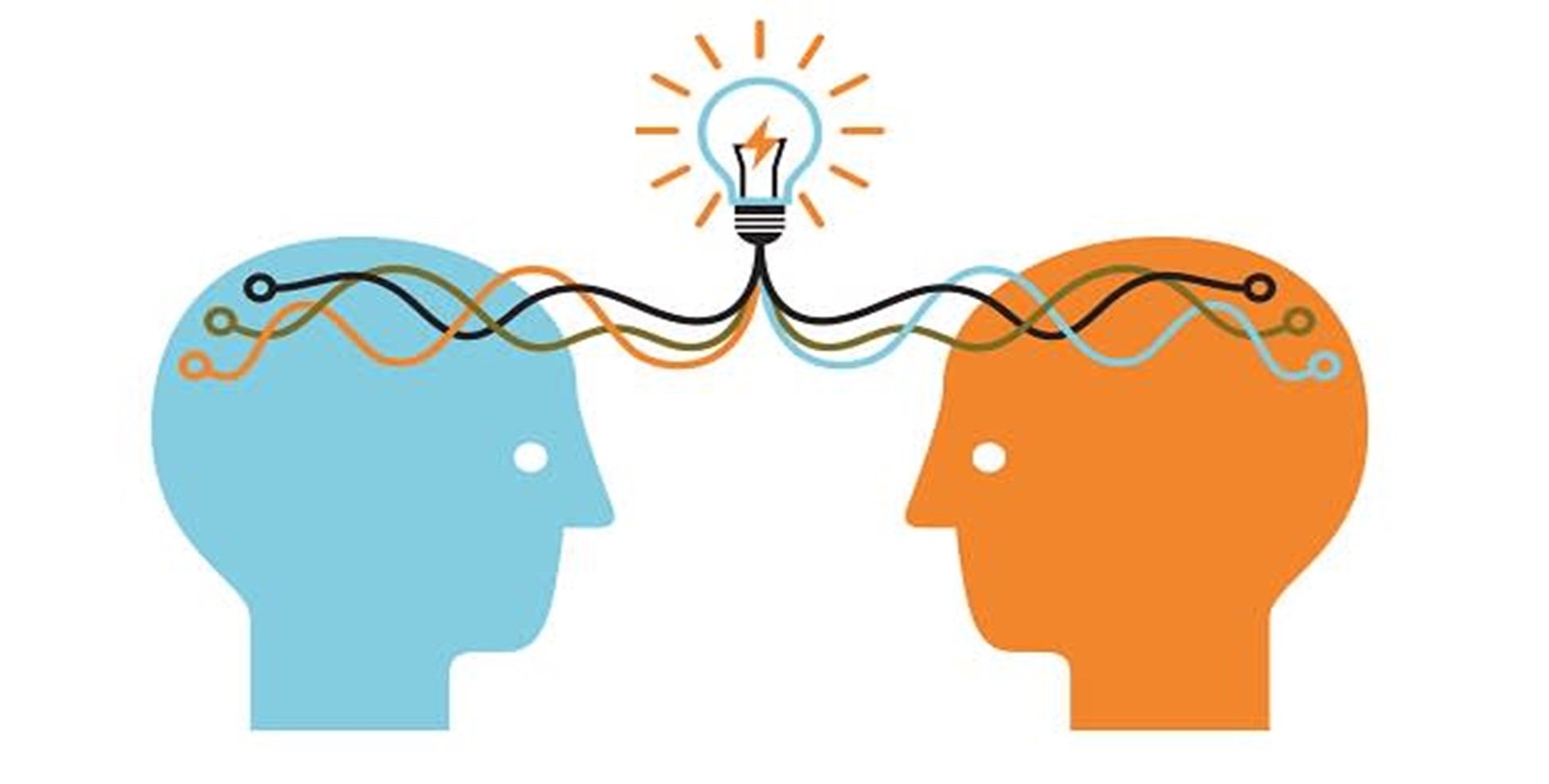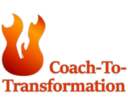

Coaching vs Counselling
- Dec 23rd 2019
The title of the blog has been a question that travelled with me as I started my coaching journey. Having been interested in counselling and with a psychology backdrop, this was a natural inquiry that waited for resolution in me. I still remember the first mock coaching session I did – in my Coach training programme – and it was a satisfying counselling session. My mentor coach had to specifically call out that these are two different worlds.
Habits die hard and so the counsellor in me persisted for a while as the training progressed. What was happening to me from that space?
- I was looking for the origin of the issue, wanting to get to the cause – be it rooted in childhood or in the environment. This made me look for the story behind the cause.
- The urge to move the client to a solution was high. This made me ask questions that either were leading or were from a parallel universe, which I believed will lead the client to get to the root cause.
- The ‘Hows’ and sometimes ‘Whys’ naturally rolled out of me along with my statements connecting clients’ words.
As I moved forward in the coaching journey, the counsellor in me diminished gradually as the coach took over – however, it will require more time and experience for the coach to fully be in-charge. I am using this blog to reflect on my understanding of the salient differences between the two, beyond the well stated ones relating to solution-problem orientation and future-past focus.
When I look for the differences, I was ironically seeing the similarities – both are dyadic relationships, trust driven, goal-directed, requiring unconditional positive regard, good listening and open questioning skills, watching the emotions and inflections of the client, involve no advise and we can go on. Both are subject to tight ethical standards with primary intention to protect the client’s vulnerability being misused and to ensure that the process elements are agreed.
Two differences stood out, however, after the similarities canceled out – one, counselling is therapeutic in nature while coaching has a fundamental assumption that the client is capable of valid thought process, and two, the counsellor uses hypotheses brought about by his experience and consistently validates them to nudge the client to resolution.
I realised that this is what I needed to change in me as a coach – my client is capable of thought and he does not need me to tell him what is wrong with him. This was an important realisation in my coaching journey, and I believe it will help me in being with my client rather than chauffeuring him towards the ‘ideal’ solution from my lens. This ‘I am there but you are the key’ approach requires high degree of maturity, one that comes from understanding interpersonal relationships, coupled with discipline and awareness that a coach carries with him when entering into a coaching conversation, helping clients progress towards what ‘they want to be’.


Rajat Garg
Rajat is a Master Certified Coach (MCC) with over 18 years of industry experience and over 2500 hours of coaching experience, helping people and organizations attain maximum effectiveness. His background includes working with CXOs, senior managers, managers and board of directors of small private companies to multi-billion dollar publicly traded organizations.









0